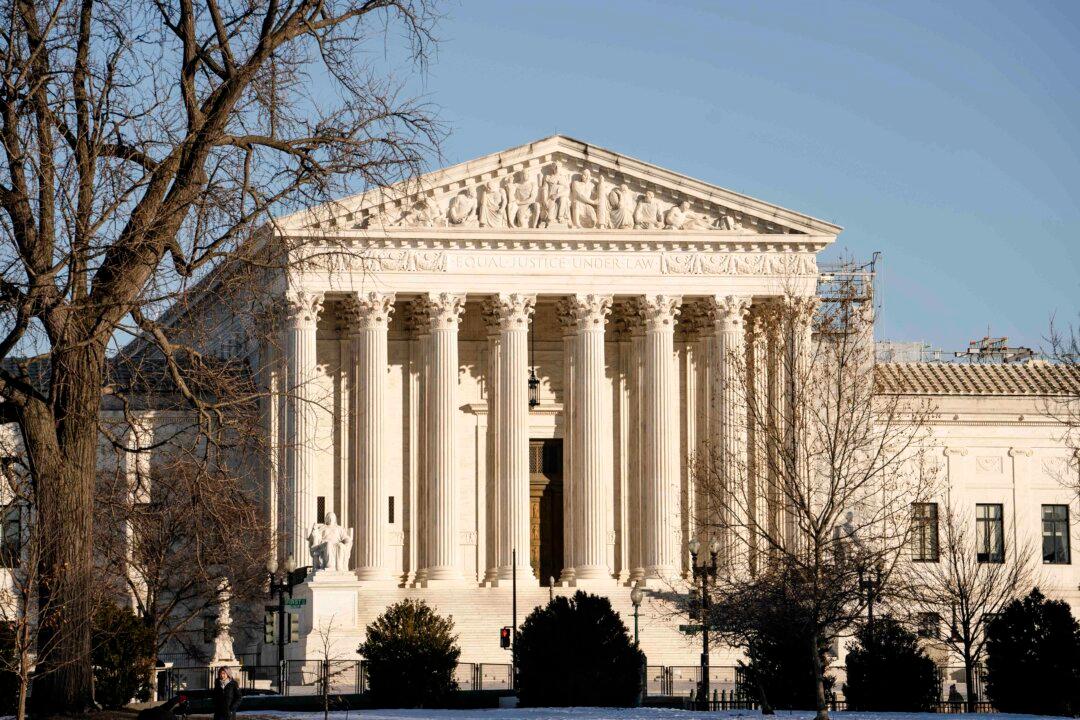The U.S. Supreme Court on Jan. 24 agreed to review a state court ruling denying authorization for the nation’s first publicly funded religious charter school.
The nation’s highest court granted the petition in an unsigned order. The court did not explain its decision, and no justices dissented.





